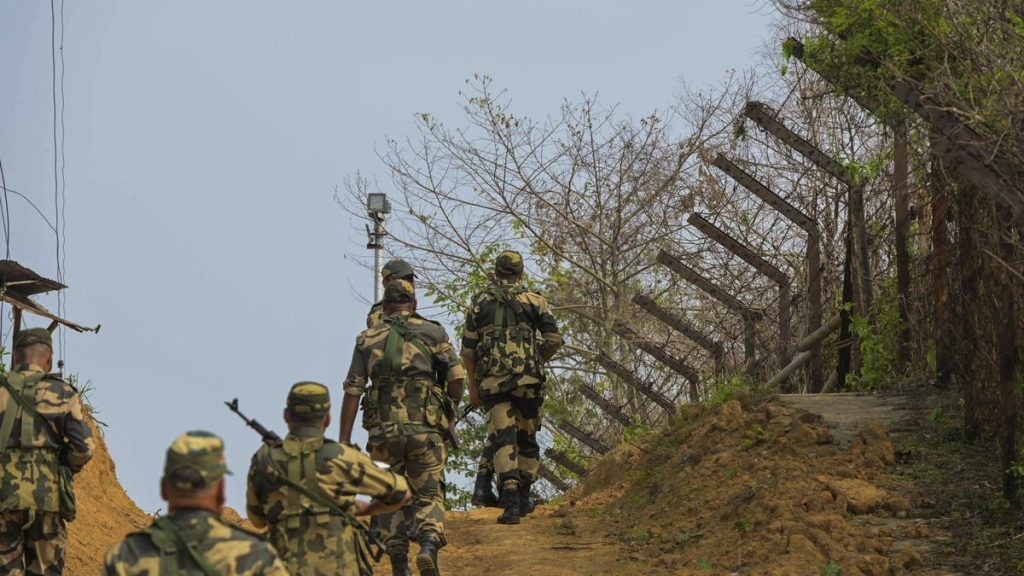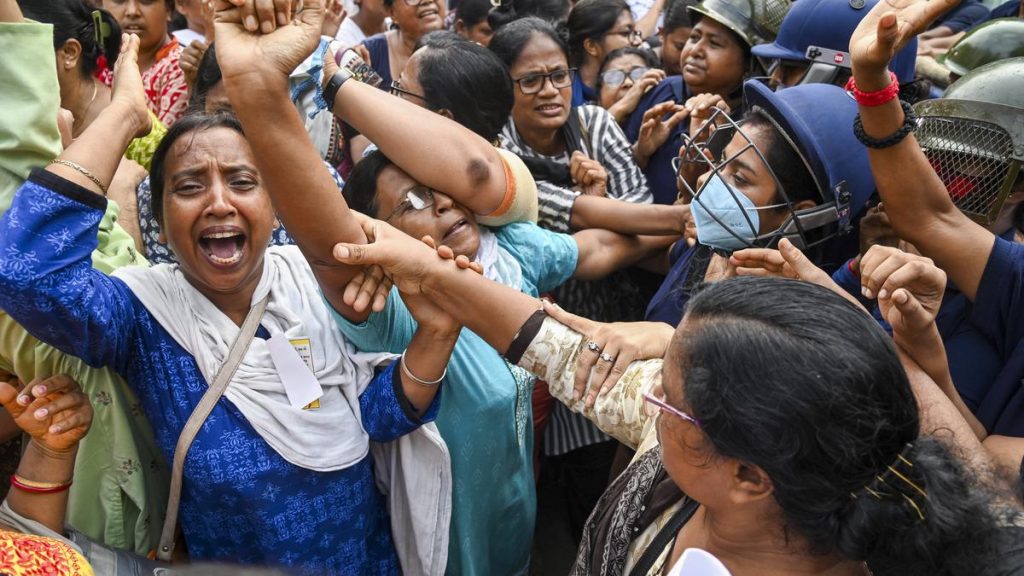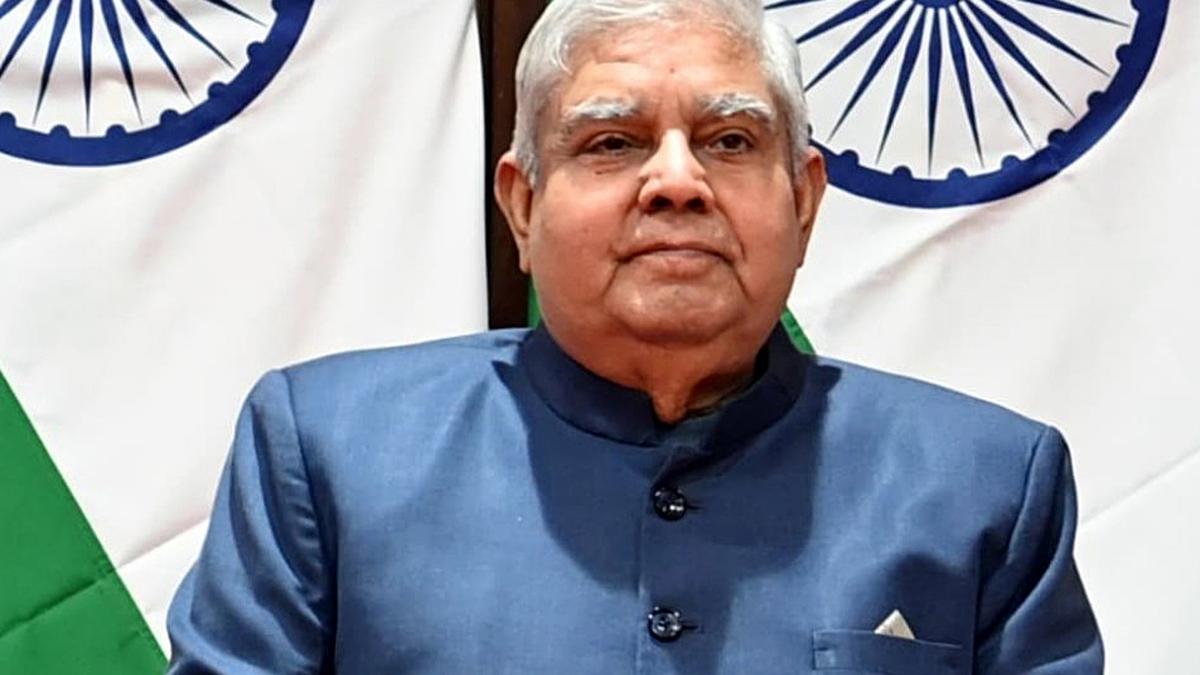Now Reading: SC Petition Seeks Removal of MP Minister Over Remarks on Woman Army Officer
-
01
SC Petition Seeks Removal of MP Minister Over Remarks on Woman Army Officer
SC Petition Seeks Removal of MP Minister Over Remarks on Woman Army Officer

Speedy Summary:
- A petition was filed in the Supreme Court on July 23, 2025, seeking removal of Madhya Pradesh Minister Kunwar Vijay Shah for alleged violation of his oath under Article 164(3) due to controversial remarks against Armed Forces officer Colonel Sofiya Qureshi.
- The comments allegedly referred to Col. Qureshi as “the sister of terrorists,” which the petitioner claimed incited separatist sentiments and targeted her religious background.
- The petition, filed by Dr. Jaya Thakur through advocate Varun Thakur, has demanded a writ of quo warranto questioning Mr. Shah’s right to hold office.
- The Supreme Court is already reviewing a related petition from Mr. Shah requesting the quashing of an FIR registered against him for these remarks.
- On May 19, Justice Surya kant ordered a three-member Special Examination Team (SIT) to investigate the FIR and submit findings; however, the SIT sought more time during its May 28 update.
- Justice Kant characterized Mr. Shah’s remarks as “crass, thoughtless” and noted that apologizing solely to evade accountability was inadequate.
Indian Opinion Analysis:
The case concerning Madhya Pradesh Minister Kunwar Vijay Shah underscores how public officials’ comments can deeply impact societal harmony and political accountability in India. For leaders holding constitutional oaths under Article 164(3), such incidents raise critical questions about ethical conduct in public office. The judicial intervention demonstrates an effort to reconcile freedom of speech with duty-a balance essential in India’s diverse democracy.
The role of religion or identity-based insinuations by high-ranking officials risks fostering polarizing narratives that potentially harm social cohesion-a concern echoed throughout this legal process via statements from Justice Surya Kant regarding public trust and sentiments being “ruthlessly hurt.” Irrespective of ultimate rulings on either the removal plea or FIR validity, this case serves as a timely reminder for greater sensitivity among policymakers toward inclusive rhetoric amidst India’s pluralistic society.
























